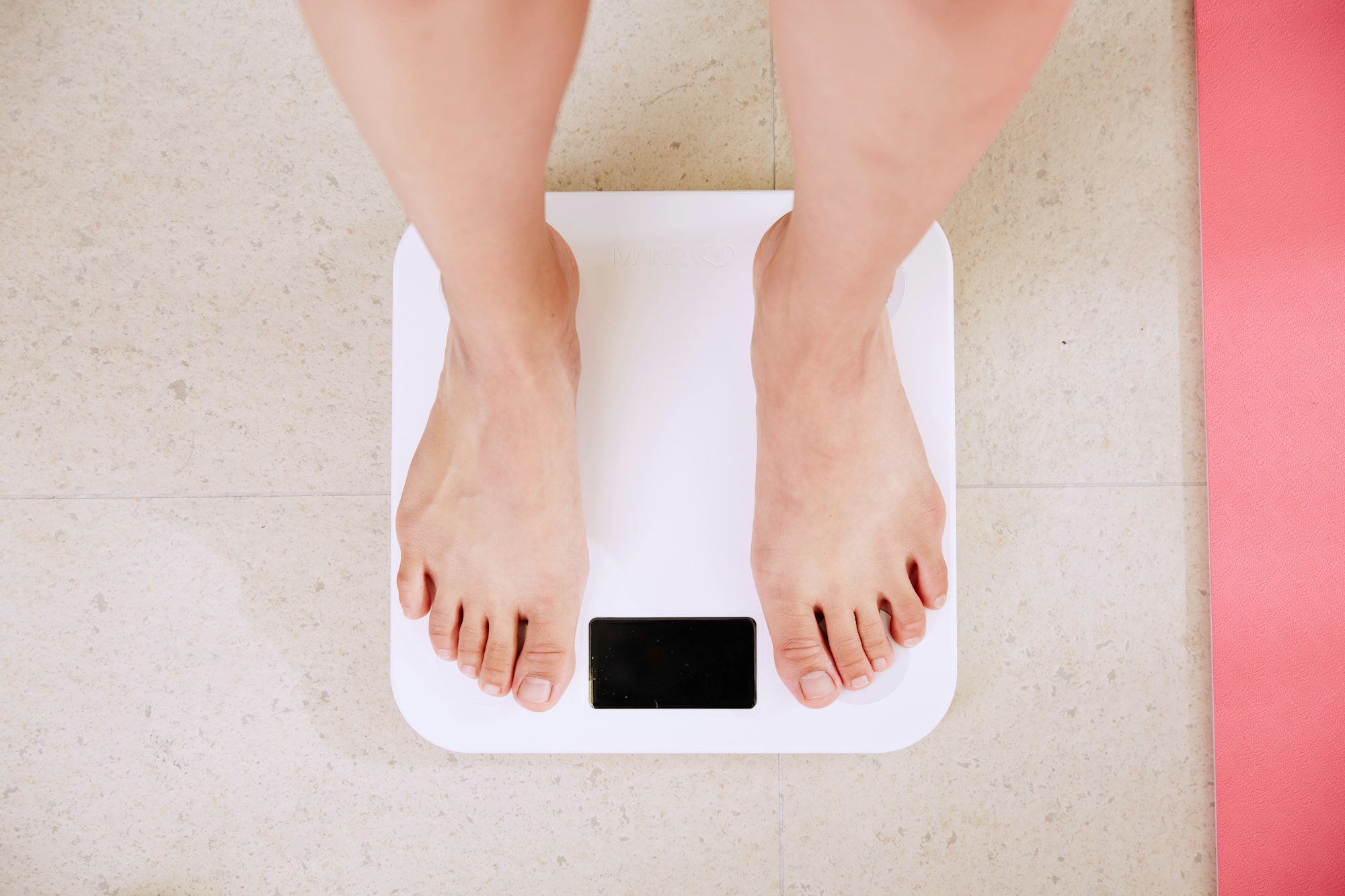What the calorie counter apps don't tell you: you can also maintain a weekly balance

I don't have a good internal sense of the right amount of food intake. Would I let go of the reins and say to myself to eat how much I want ("It will be alright!"), then I would gain a kilo of body fat every week.
I counter this deficit with four strategies:
- I measure what matters: in this case, I rigorously track my kcal intake and my burned calories through activities.
- I accept that I am hungrier than considered normal (I usually feel full after 4000kcal) and adjust my activity level. I.e. I move so much every day that I burn 2000kcal through exercise and sports in addition to resting energy of 2100kcal.
- I eat "good" calories, which means high-quality proteins, a lot of fibre, and not overly processed industrial foods (However, I ruin that for myself now and then with a delivery service escalation).
- I try to maintain a weekly calorie balance rather than a daily one.
The fourth strategy is entirely new to me and was some revelation I came across this year.

Why? Because most calorie counter apps have a strict daily view on calories. I use Yazio and the app design nudges me to think only about the daily balance. When I'm over it, let's say by 1000kcal surplus calories, I reason that the day has failed and tomorrow must improve, but it has no other consequence.
This was not a problem for me at times when I only had regular days at home. However, in the past few months, I had a phase with many business trips (and, more impactful, business dinners in the evening) that were just not routine and where the concept of daily balance broke down.

The problem with business trips is that they cost an extreme amount of willpower during the day:
- On travel days, there are no standard procedures, i.e. everything I do must be consciously decided, and nothing runs on mental autopilot.
- I usually do not sleep so effectively in the hotel, especially on the first night. That is, I'm always slightly tired on travel days.
- Business trips usually have a reason: I have to do something somewhere, for example, moderating a workshop. And these are typically also very energy-consuming activities.
- Business travel, at least in my case, also always means a lot of socialization and collaboration with colleagues, partners and customers. As an introvert, I gain energy in solitude and lose it in togetherness (for extroverts, this is the other way around).

All of this together takes away enormous sums of willpower, which is wholly zeroed out in the evening. In my case, this leads to two things: I eat/drink too much, and I can't get myself up for exercise.
On business travel days, I am often 2000-3000 kcal over my budget, which can easily equate to an increase of 400gr of body fat. In one day, mind you!
In previous years, periods when I had to travel a lot for business always meant that I gained significant weight. It was inevitable.

However, I changed a small thing in my head, which ensured that I could keep this time with my ideal weight.
I switched from trying to achieve a daily balance to a weekly calory balance. The difference is that I had to introduce Reparation measures to my diet in this mental framework. They look like this:
- If I'm >1000 kcal over budget within a day, then on the next day, I have to skip breakfast.
- If I'm over > 2000 kcal over budget, I'll do an OMAD day (One Meal A day), which means I only eat dinner and all my calories in one session.
- If I'm over >3000 kcal over budget, I'll do a full day of fasting, which equals 32-36hrs of fasting, including the first night.
- Another of my rules is that if I don't manage to restore the balance the next day, I then eat salad exclusively until my calorie balance is restored.
Since the typical calorie tracker apps don't help me measure your weekly balance, I track it myself in a Google Tables spreadsheet. By the way, consciously transferring the daily values also helps to think about food intake. Everything runs automatically with the apps, so you think about it too little.

Key takeaway
believe that Deliberate Diligencists are especially at risk for gaining weight in an unhealthy way. The reason is that the lifestyle, by definition, means working all day for real benefit, and that saps willpower, which is then lacking in the evening for eating discipline.
The solution is that you maintain a weekly balance and take actions that you can implement at times when the willpower is still there (e.g. in the morning when you skip breakfast).
I hope the above measures will inspire you to try this if you are also affected by this challenge!
Join the Deliberate Diligence blog for more ideas on how to lead a deliberate diligence lifestyle:

Discussion